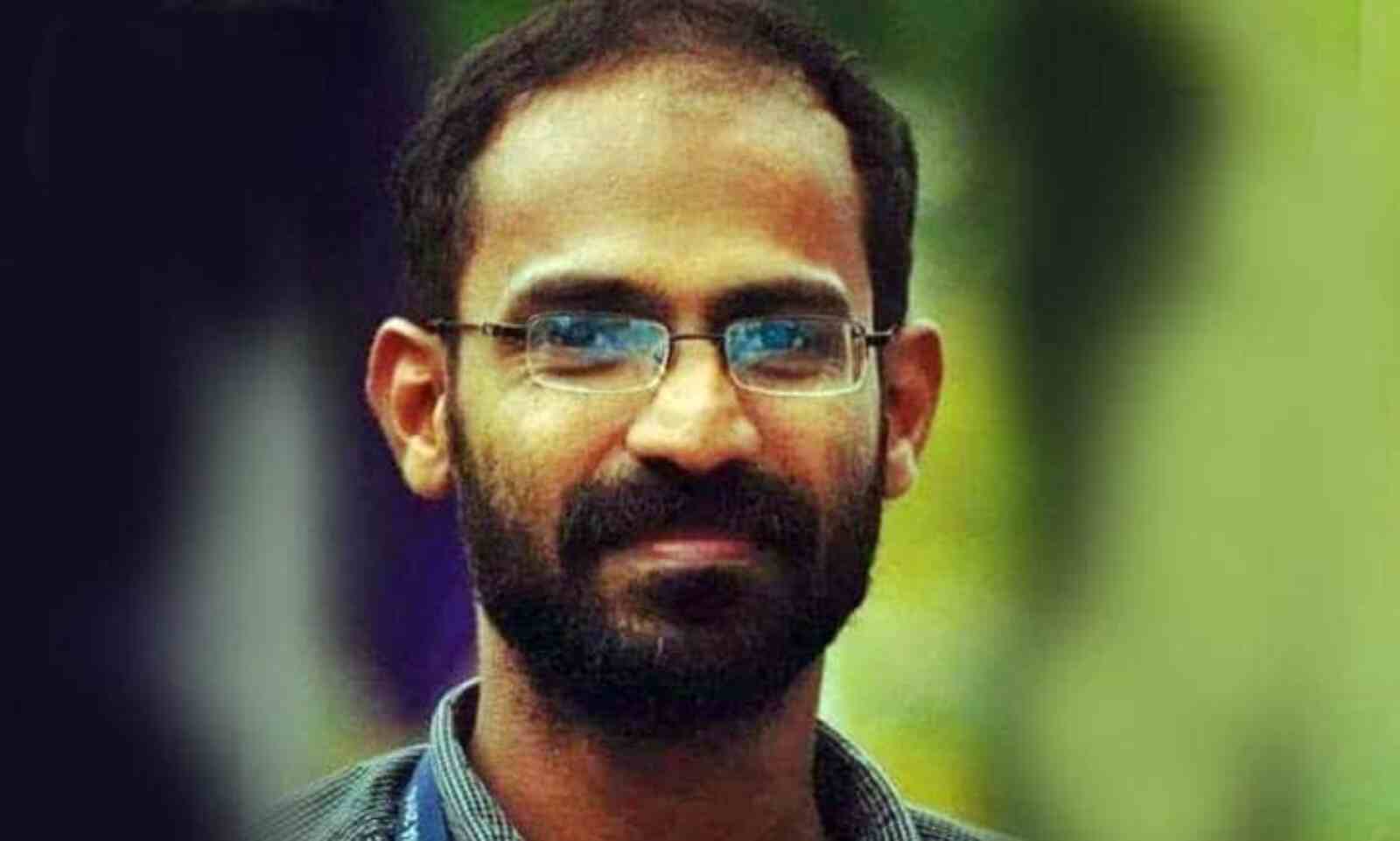Justice delayed

The bail to Siddique Kappan, granted by a Supreme Court bench headed by Chief Justice UU Lalit, is just an exception — and that to a delayed one — when it comes to cases registered under UAPA. The bench should, however, be appreciated for shedding the judiciary's love for Section 43D (5) of the UAPA — something that is used exceedingly to deny bail to persons charged under the stringent law. The bail has not just set a new precedent for similar cases, but also mended India's dented image at an international level. Kappan, a journalist by profession, was arrested in October 2020 while he was on his way to Hathras, Uttar Pradesh to report a brutal rape crime against a 19-year-old girl. While the entire nation was burning with rage, and people were demanding answers from the administration, the UP police decided to hatch another conspiracy theory — that of Kappan being associated with a certain terror outfit in the country. In its charge-sheet, police had noted that Kappan wrote reports "only to incite Muslims" and to "sympathise with Maoists and Communists". An UAPA charge was slapped against him on the ground that Popular Front of India (PFI) — the organisation he was allegedly associated with — was involved in terrorism-related activities. In response to prosecution's argument that "the whole purpose of (Kappan's) going there (Hathras) was to incite violence", CJI UU Lalit remarked, "See every person has the right to free expression and therefore he (Kappan) is trying to propagate an idea that there is this victim who requires justice and therefore let us raise a common voice. Is that something like a crime in the eyes of law?" CJI could not have been clearer in his articulation. By adopting a high-handed approach towards Kappan, the State might not just be doing injustice to journalist Kappan but also to the rape victim and her family, by restricting the voices willing to represent them. Thwarting allegations against Kappan, his lawyer Haris Beeran noted that "when the court sought evidence in support of the charge of 'conspiracy' and incitement to riots, the prosecution could not present any evidence." Justice has been delivered to Siddique Kappan but only after nearly two years (704 days) of prolonged detention. Two years is a long time. If the charges against Kapan are found to be frivolous, then it is a matter of shame and reflection for the Indian judicial system. It may be noted here that the journalist's bail application was moved before judicial court on many occasions but to no avail. Even the Allahabad High Court recently rejected his bail application. It is laudable that the Supreme Court has been proactive lately when it comes to dealing with bail petitions. The court rightly appears to be normalising bail over jail — be it in the Teesta Setalvad case, Md Zubair case or Varavara Rao in the Bhima Koregaon case. But a common thread in all these cases has been the long delay before the accused were granted bail. Justice comes at a time when the damage is already done. The Supreme Court can be expected to make interventions relating to compensatory justice to deter the executive from going overboard in their exercise of power. Of course, every accused who is granted bail or acquitted cannot be considered fit for compensation but there are instances when the need for such compensation appears obvious. Best brains in the judiciary can be deployed to chalk out a framework in this regard. In India, especially when it comes to a bunch of stringent laws, the justice system appears to be tilted more towards state control. The time perhaps has come to move the balance in favour of personal liberty and individual justice. The Supreme Court appears proactive in this regard but a lot needs to be done going forward.



